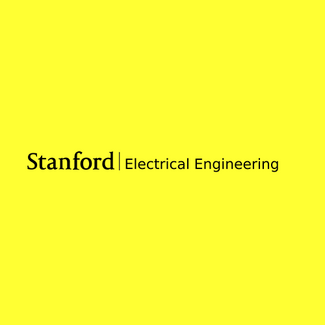
Quantum Computing with Qudits
Spilker 232
ABSTRACT: Quantum processors with of order a few hundred qubits based on superconducting circuitry have demonstrated computing power on par with the most advanced classical supercomputers for certain problems. Currently, most quantum processors operate two-level quantum systems, or qubits. The computational power of these near-term devices can be further boosted by leveraging multi-level approaches to encode quantum information in the larger and more connected Hilbert space of d-level systems (or qudits). In my talk, I will describe our work to realize qudit-based quantum computing platforms built from superconducting circuits and our techniques for characterizing and maximizing their performance.
Biography: Noah Goss is a 4th year Physics Ph. D. student with the Quantum Nanoelectronics Laboratory and Advanced Quantum Testbed groups of Professor Irfan Siddiqi at the University of California, Berkeley and Lawrence Berkeley National Laboratory and a Kavli Energy NanoScience Institute graduate student fellow. Noah received his B.A. from Columbia University in 2019. After graduation, Noah spent one year as a research assistant at New York University in the group of Professor Javad Shabani where his research focused on superconducting qubits based on hybrid semiconductor/superconductor Van der Waals heterostructures. Noah’s graduate research at Berkeley focuses broadly on the device physics of superconducting quantum computers, with a specific emphasis on qudits.